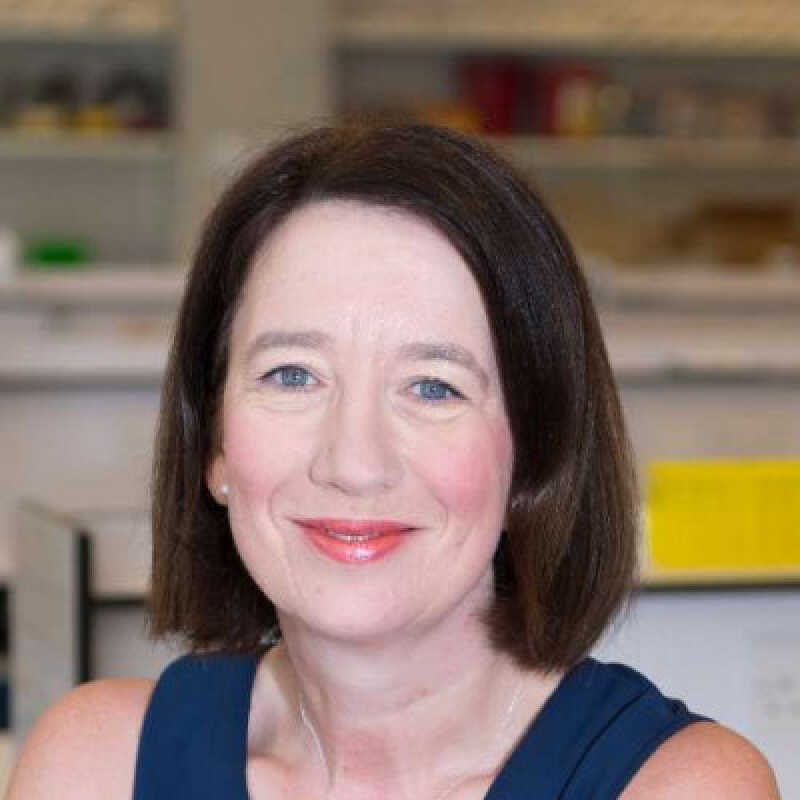- University of Kent
- Biosciences at Kent
- People
- Professor Michelle Garrett
Professor Michelle Garrett


Michelle Garrett is Professor of Cancer Therapeutics in the School of Biosciences at the University of Kent and Visiting Professor of Cancer Therapeutics at the Institute of Cancer Research, London, UK.
Michelle received her undergraduate degree from the University of Leeds and then joined The Institute of Cancer Research (ICR) London, to undertake her PhD research with Alan Hall on the role of the RhoA small GTPase in cancer. After gaining her PhD in 1991, Michelle took up a Lucille Markey International Research Fellowship and moved to the USA to undertake post-doctoral studies with Peter Novick at Yale University School of Medicine on regulation of small GTPases in the yeast Saccharomyces cerevisiae.
In 1994 Michelle joined Onyx Pharmaceuticals, California, USA, where she went on to become a team leader involved in the development of cancer drugs targeting the cell division cycle, a collaboration with Pfizer. This included the CDK4 inhibitor project, which went onto deliver Ibrance® (Palbociclib) now a registered treatment for breast cancer. She then returned to the ICR in 1999 to take up a team leader position in the Cancer Research UK (CRUK) Cancer Therapeutics Unit. Her research there specialised in the discovery and development of novel small molecule cancer therapeutics targeting cell signalling and the cell cycle. Whilst at the ICR, Michelle became a Reader in Cancer Therapeutics and Head of Biology for the CRUK Cancer Therapeutics Unit. In September 2014 Michelle joined the School of Biosciences at the University of Kent and currently has three cancer drugs in the clinic.
Understanding the molecular and cellular effects of new drugs for the treatment of cancer
One of the principal characteristics of human cancer is abnormal cell growth caused by deregulation of key cellular processes including signalling and cell division. In fact we now know that signalling pathways can act directly on the cell division cycle: for example, through growth factor regulated signal transduction pathways or via activation of cell cycle checkpoints in response to DNA damage. My research has therefore focussed on how signalling and cell division can be targeted for the treatment of cancer. This has led to the discovery of a number of innovative small molecule therapeutics including the AKT inhibitor AZD5363 the AGC kinase inhibitor AT13148, and the CHK1 kinase inhibitor CCT245737 (SRA737), which are all currently in clinical trial for the treatment of cancer.Research in the lab is now focussed on understanding the molecular and cellular effects of these and other functionally related drugs on the cancer cell. This research is being done using molecular and genetic technologies, including genome wide screening and high throughput cellular analysis. The long term aim of this work is to; (i) identify biomarkers for both patient stratification and drug-target engagement for these drugs in the clinic (ii) predict mechanisms of resistance that may arise to these drugs and (iii) develop strategies to prevent or overcome drug resistance, all of which have the potential to lead to the identification of new drugs targets for cancer drug discovery. The ultimate goal of this research is to improve the lives of individuals living with cancer.
Stage 1
Stage 2
Stage 3
Loading publications...
Showing of total publications in the Kent Academic Repository. View all publications